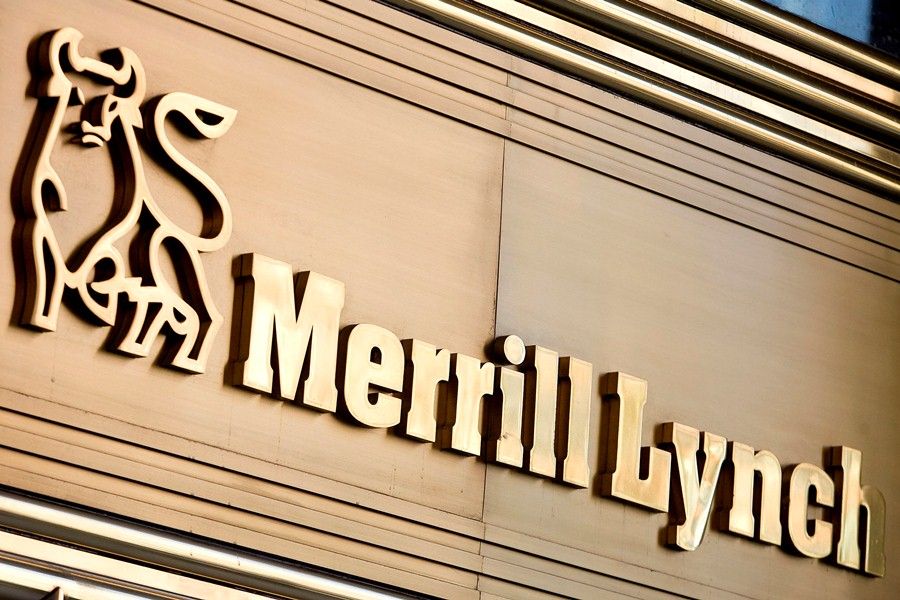Capital gain distributions making a comeback
Actively managed equity mutual funds are expected to distribute capital gains taxes at a far greater rate at the end of this year than any time since the market meltdown.
Five years into the stock market’s post-financial-crash rally, investors finally are having to face the tax man.
Actively managed equity mutual funds are expected to distribute capital gains at a far greater rate at the end of this year than any time since the market meltdown as managers finally run out of losses booked during 2008 and 2009 to offset the bull market’s rally.
“This is the first year in a while where capital gains will surprise many investors,” said Barry Glassman, president of Glassman Wealth Services.
Mutual funds pay out capital gains to shareholders when a manager sells a position that’s risen in price since it was purchased. A portfolio manager can offset gains with capital losses, which occur when a fund loses money on a holding, but with the stock market up more than 150% from the 2009 bottom, the number of positions that have lost money are far outpaced by those that have returned a gain, no matter how small.
“The positive is, there’s been almost five years of tax-free gains, but eventually, that catches up to you,” said Russel Kinnel, director of mutual fund research at Morningstar Inc.
To date, only a handful of mutual fund companies have released expected capital gains estimates for the end of the year, but data from those that have suggest that advisers brace for taxable distributions.
The $133.5 billion American Funds Growth Fund of America (AGTHX), for example, is expected to pay out 6% to 8% in capital gains, its first capital gains distribution since the financial crisis. It had a year-to-date return of 25.8% through Nov. 15, narrowly missing the S&P 500’s 28.46% return over the same time period.
The $12.1 billion Vanguard Explorer Fund (VEXPX) is expected to pay out 10% of its assets in capital gains this year, up from 2% in 2012 and zero in 2011, 2010 and 2009. It’s up 35% year-to-date and has a five-year annualized return of 23.77%.
The mutual funds that will get hit hardest with capital gains this year are those that have seen big redemptions and been forced to sell winners to return money to shareholders, Mr. Kinnel said.
The $4.4 billion Calamos Growth Fund (CVGRX) had $2.4 billion in net outflows through the end of October, or 35% of its assets. It’s expected to distribute capital gains equal to 24.5% of its net asset value, according to the company website.
Still, investors who have stayed invested for the majority of the rally will likely be able to shrug off a 10% capital gain as fair trade for at least doubling their investments since the crash, Mr. Kinnel said.
“To me that feels like a pretty small amount,” he said.
But investors who just started returning to stocks this year may not be as forgiving. Actively managed U.S. stock funds had their first inflows in nearly two years in January and booked their third month of net inflows in October, according to Morningstar.
Unfortunately for those investors, capital gains are based on the price at which the fund purchased a stock, not when the shareholder purchased the fund.
Mr. Glassman is busy looking for places to find losses to offset the expected gains distributions, which are taxed at the individual’s tax bracket.
One place he’s finding losses is in bond funds, which have struggled this year because of rising interest rates.
“Within bond mutual funds there are a lot of people who have unrealized taxable losses even though they’ve made money,” he said.
That’s because even though the total return of a bond fund might be positive, with dividends reinvested, the principal of the fund has likely fallen because of rising interest rates, which move inversely to bond prices.
Learn more about reprints and licensing for this article.




